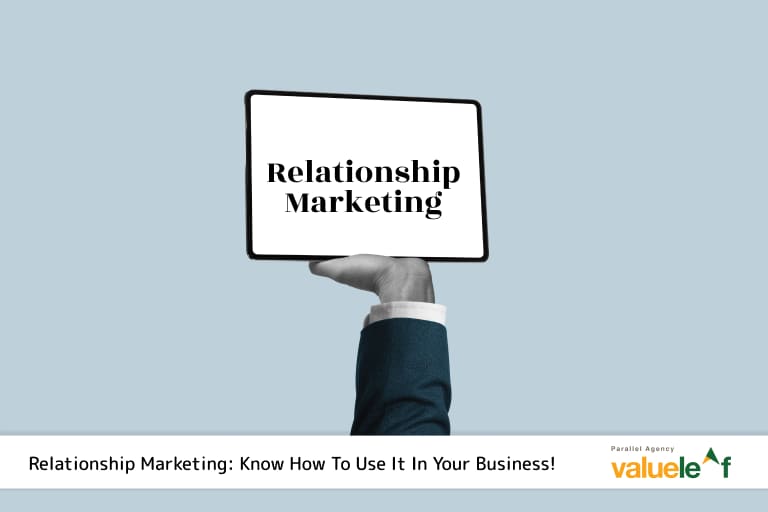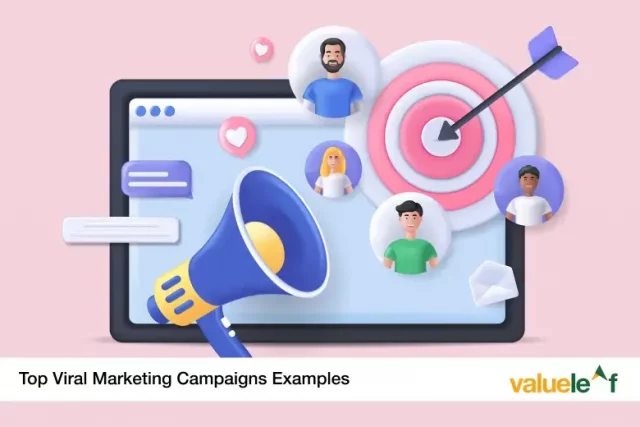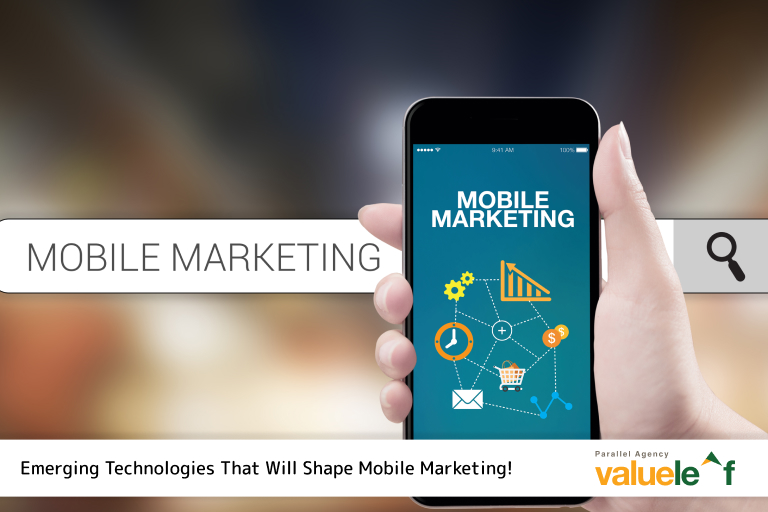Building and maintaining strong relationships are vital for both personal and business life. Strong relationships with customers establishes long-term success. While grabbing attention in the short term might be easy, building genuine connections and lasting relationships with your customers is the key to long-term success. That’s where relationship marketing comes in.
Beyond traditional marketing efforts that focus on one-time transactions. It’s about building a deeper connection with your customers, building loyalty and advocacy over the long term. It’s a shift in mindset, from seeing customers as mere sales figures to valued individuals with unique needs and preferences.
What Is Relationship Marketing?

Relationship marketing is a customer-centric approach that prioritizes building long-term relationships with customers rather than focusing solely on one-time transactions. It involves understanding customers’ needs and preferences, engaging with them on a personal level, and providing ongoing support and value beyond the initial sale. The goal is to create a strong bond with customers that goes beyond just the product or service being sold, leading to increased customer satisfaction, retention, and advocacy.
By building these relationships, businesses aim to create loyal customers who are more likely to make repeat purchases and recommend the brand to others.
Why Choose Relationship Marketing?
Businesses can reap numerous benefits by implementing a client-relationship marketing strategy. The benefits of this approach are numerous:
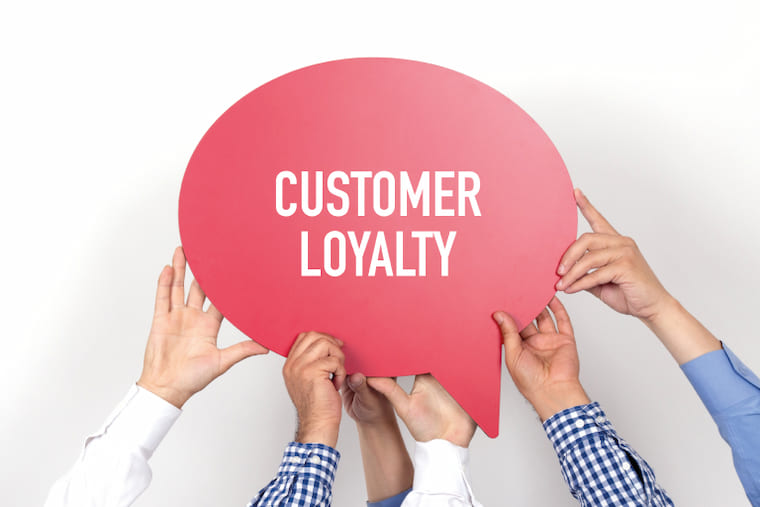
- Increased customer loyalty: Happy customers become loyal customers, leading to repeat business and positive word-of-mouth recommendations that generate valuable organic marketing.
- Reduced customer churn: By building strong relationships, you reduce the chances of customers switching to competitors.
- Higher customer lifetime value: Loyal customers spend more over time, increasing your overall revenue and profitability.
- Valuable customer insights: Through ongoing engagement, you gain valuable insights into customer needs, preferences, and pain points, helping you improve your products, services, and marketing strategies.
- Stronger brand advocacy: Loyal customers become brand advocates, actively promoting your brand and attracting new customers.
Top Examples Of Relationship Marketing
Several companies have successfully implemented strategies to build strong connections with their customers. For example:
- Amazon: Amazon utilizes personalized recommendations based on past purchases to enhance the shopping experience for each customer, fostering loyalty and increasing repeat purchases.
- Starbucks: Starbucks has built a loyal following by offering a rewards program that incentivizes frequent visits and provides personalized offers to its members.

- Apple: Apple’s focus on product quality, user experience, and excellent customer service has created a dedicated fan base that continues to support the brand through repeat purchases and positive word-of-mouth referrals.
How To Build A Successful Relationship Marketing Strategy?
A successful strategy typically involves the following key elements:
- Customer Segmentation: Divide your customer base into segments based on demographics, behavior, or preferences to customize your marketing efforts effectively.
- Continuous Engagement: Stay connected with your customers through various channels such as email marketing, social media, or personalized messaging to maintain ongoing relationships.
- Feedback Loop: Encourage feedback from customers through surveys, reviews, or direct communication channels to gather insights and improve your products or services continuously.
- Reward loyalty: Implement loyalty programs that recognize and reward repeat customers. Offer exclusive discounts, early access to new products, and personalized offers to show your appreciation and encourage continued engagement.
- Build a community: Build a sense of community around your brand. Create online forums, host events, and encourage customer interactions. This allows for meaningful connections and brand advocacy.
- Measure Success: Track key performance indicators (KPIs) such as customer retention rates, satisfaction scores, and referral rates to evaluate the effectiveness of your relationship marketing efforts.
Additional Tips
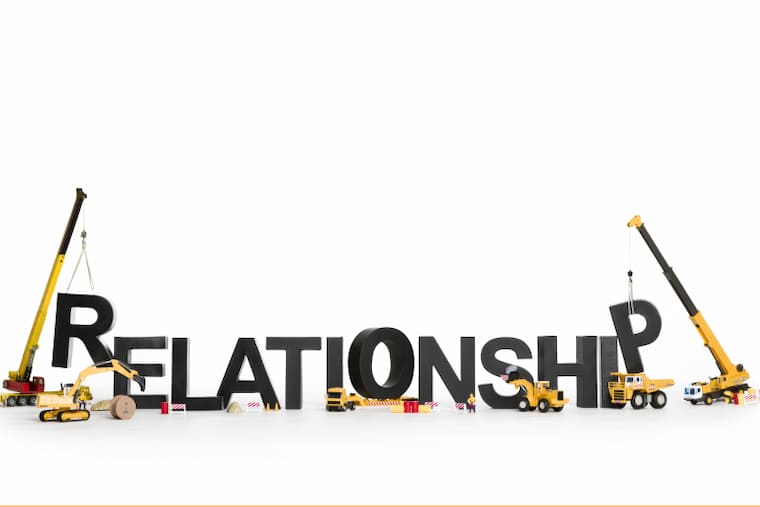
- Make use of the power of storytelling to connect with your customers on an emotional level.
- Encourage user-generated content and social media interactions to build a sense of community.
- Be transparent and honest in your communication. Be upfront about challenges and address customer concerns proactively.
- Celebrate customer milestones and special occasions to personalize the experience.
Relationship marketing in Nutshell
It is a powerful strategy that can help businesses build lasting connections with their customers, drive loyalty and repeat business, and ultimately achieve long-term success in today’s competitive market. By prioritizing personalized communication, customer feedback, loyalty programs, community building, and exceptional customer service, businesses can create meaningful relationships that benefit both the company and its customers.
By incorporating relationship marketing into your overall marketing strategy you can cultivate strong relationships with your customers that lead to increased satisfaction, loyalty, and advocacy for your brand.
Your customers are your greatest asset. Build them, and they will reward you with their loyalty and advocacy.
Frequently Asked Questions
Q. What is the meaning of relationship marketing?
A. Relationship marketing is about building strong, long-term connections with customers to foster loyalty and repeat business, instead of focusing on individual sales or short-term gains.
Q. Why is relationship marketing used?
A. Businesses use relationship marketing to build deeper connections with customers, leading to increased loyalty, retention, and customer lifetime value.
Q. What are the 5 E’s of relationship marketing?
A. The 5 E’s of relationship marketing are: Entice, Enter, Engage, Exit, and Extend.
Q. What is an example of a relationship marketing company?
A. Starbucks is a great example of a company that uses relationship marketing. They create a personal connection with their customers by remembering their names, orders, and preferences.
Q. How does Coca Cola use relationship marketing?
A. Coca-Cola builds relationships through emotional storytelling, focusing on family, happiness, and sharing moments with loved ones.
Q. Why does Starbucks use relationship marketing?
A. Starbucks utilizes relationship marketing to create loyal customers by fostering a sense of community, personalization, and engagement through rewards, social media, and a welcoming atmosphere.
Q. What is relationship selling?
A. Relationship selling prioritizes building trust and connections with potential buyers over simply pushing a product. It involves understanding their needs, offering valuable insights, and becoming a trusted advisor before attempting to close a sale.

